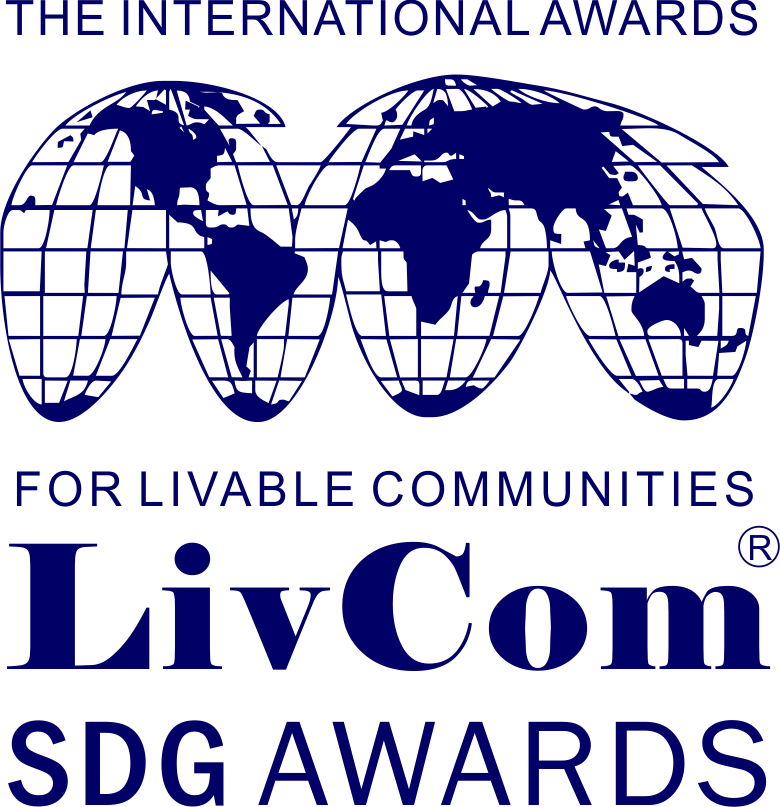
Posted in News on Sep 26, 2025.

While an AI revolution has been quietly in the making for decades, the lightning-fast emergence of large language model AI systems like ChatGPT has taken the world by storm.
Beyond their everyday use for writing essays, planning vacations or summarizing reams of text, the new technologies promise to revolutionize nearly every facet of the human experience.
On the scientific front, such systems are already guiding autonomous machines that mimic insect intelligence, improving the diagnoses of brain aneurysms, modeling the interiors of black holes and potentially deciphering the vocalizations of whales.
But experts say there are also ethical concerns and dilemmas to address, from built-in biases to unprecedented energy use, among others.
Steven Hartman is the founding executive director of the BRIDGES sustainability science coalition in UNESCO’s Management of Social Transformations program, based at Arizona State University’s Julie Ann Wrigley Global Futures Laboratory.
BRIDGES, a UNESCO-anchored global coalition, focuses on humanities-led sustainability science. UNESCO’s Recommendation on the Ethics of AI (2021) presented the first global standard on AI ethics.
Recently, Hartman participated in the third UNESCO Global Forum on the Ethics of AI, titled "Enabling Ethical AI for Present and Future Generations in a Time of Heightened Global Insecurity."
ASU News sat down with him to discuss some of the concerns raised by the exponentially advancing technology and how societies might protect themselves from potentially harmful consequences.
Continue reading on the ASU News Page; First published here on 25 September 2025.